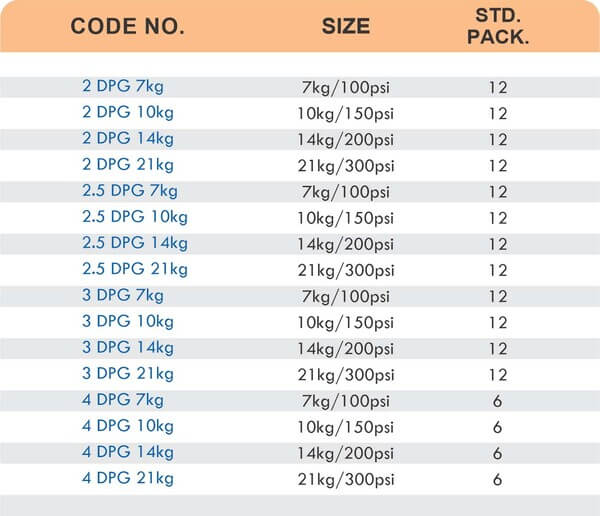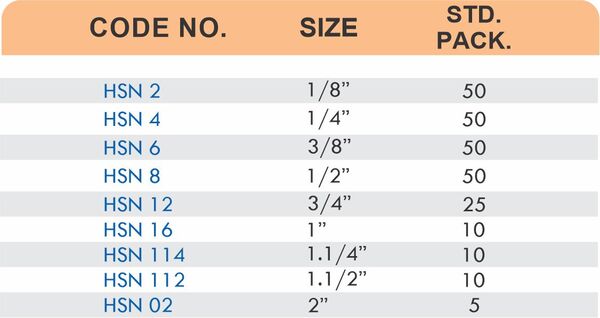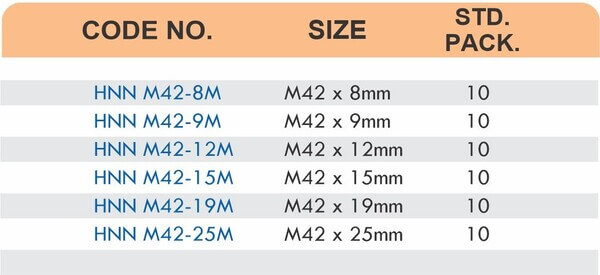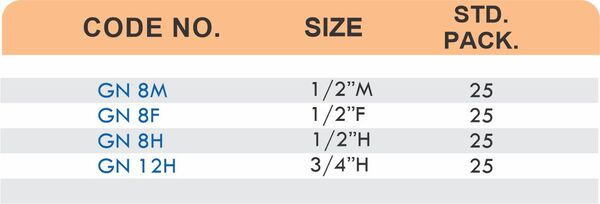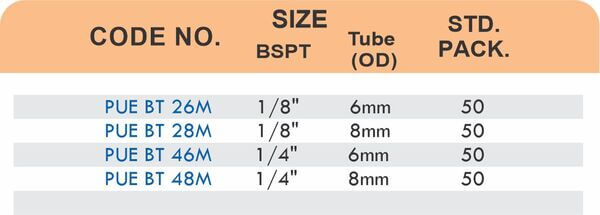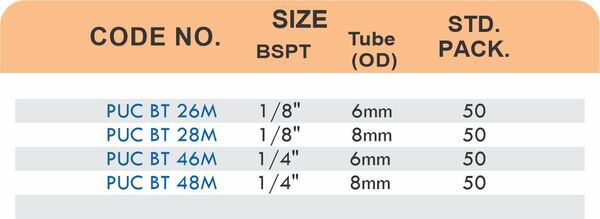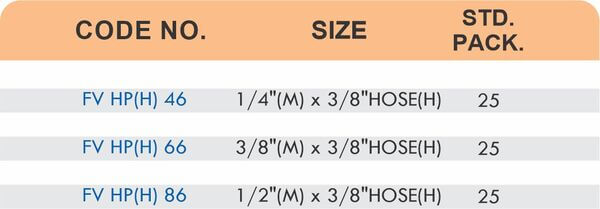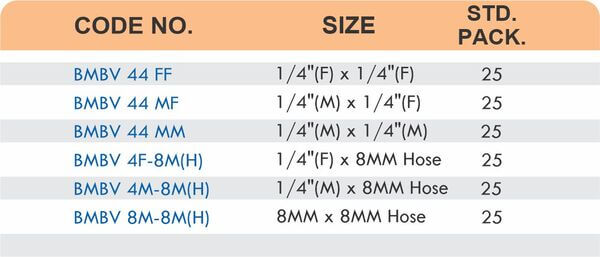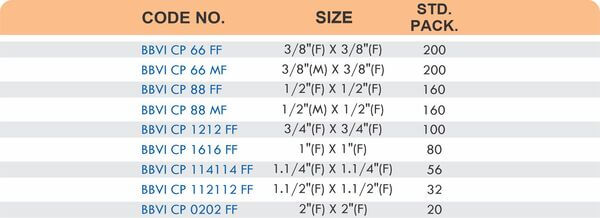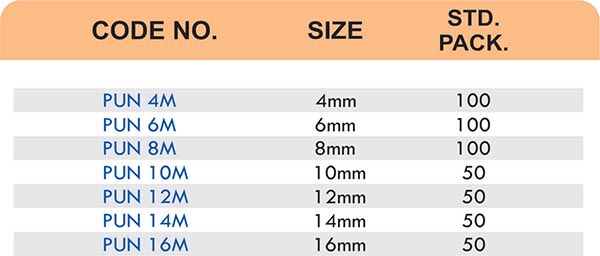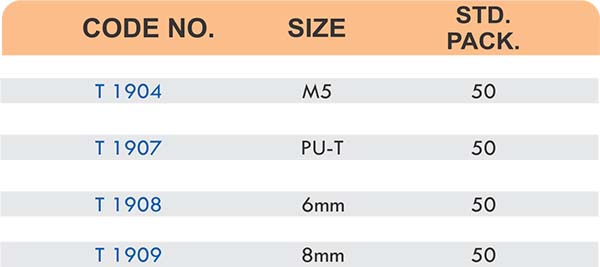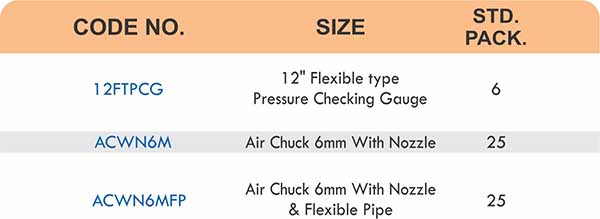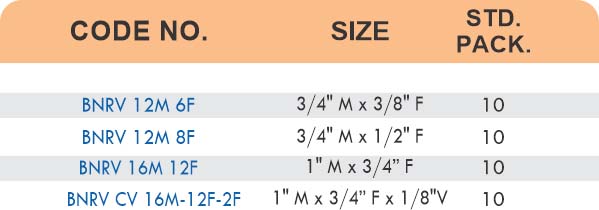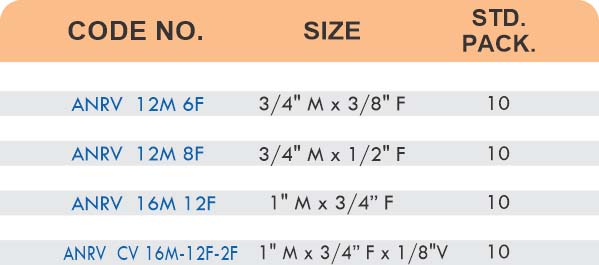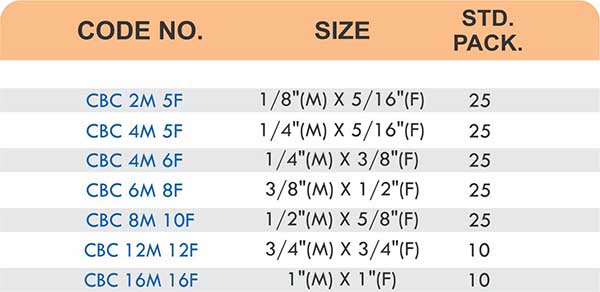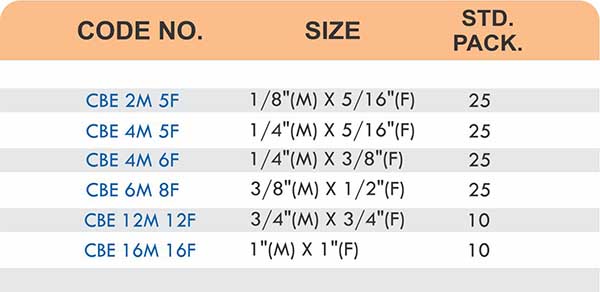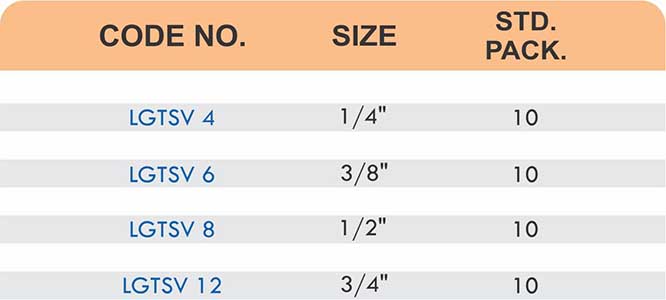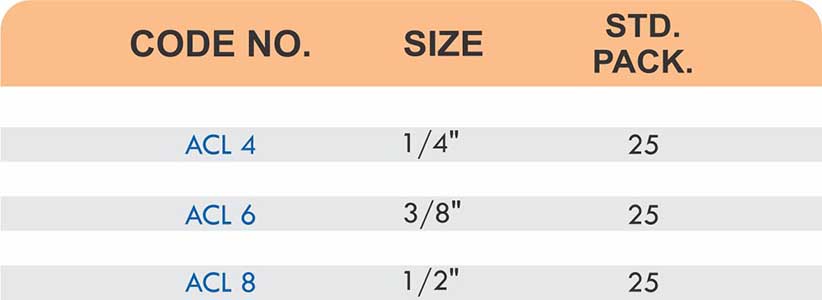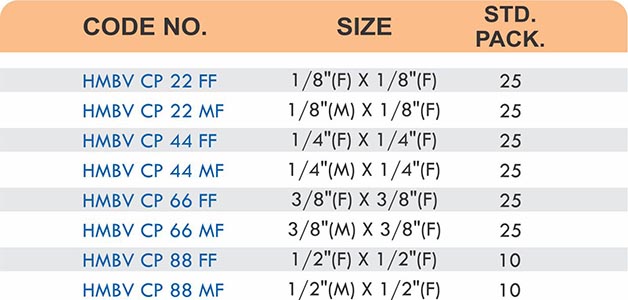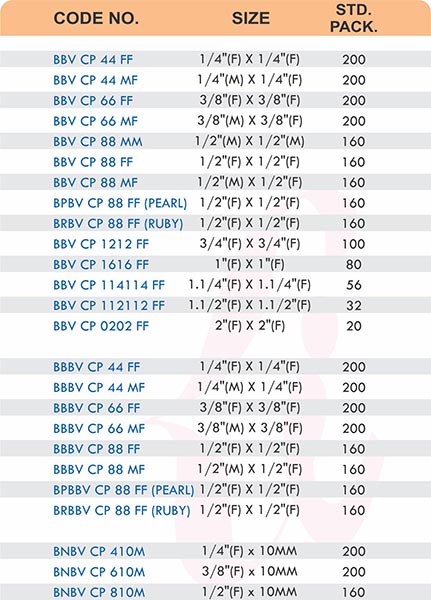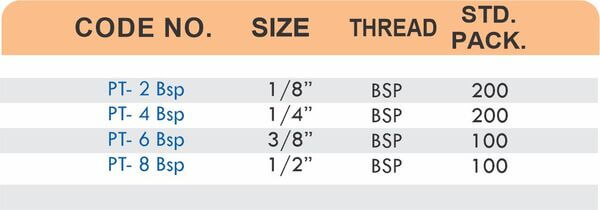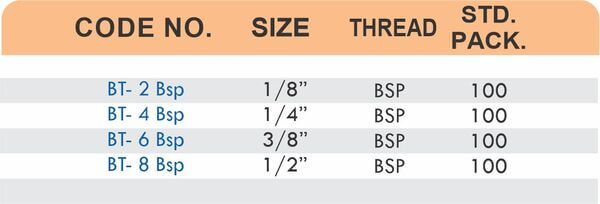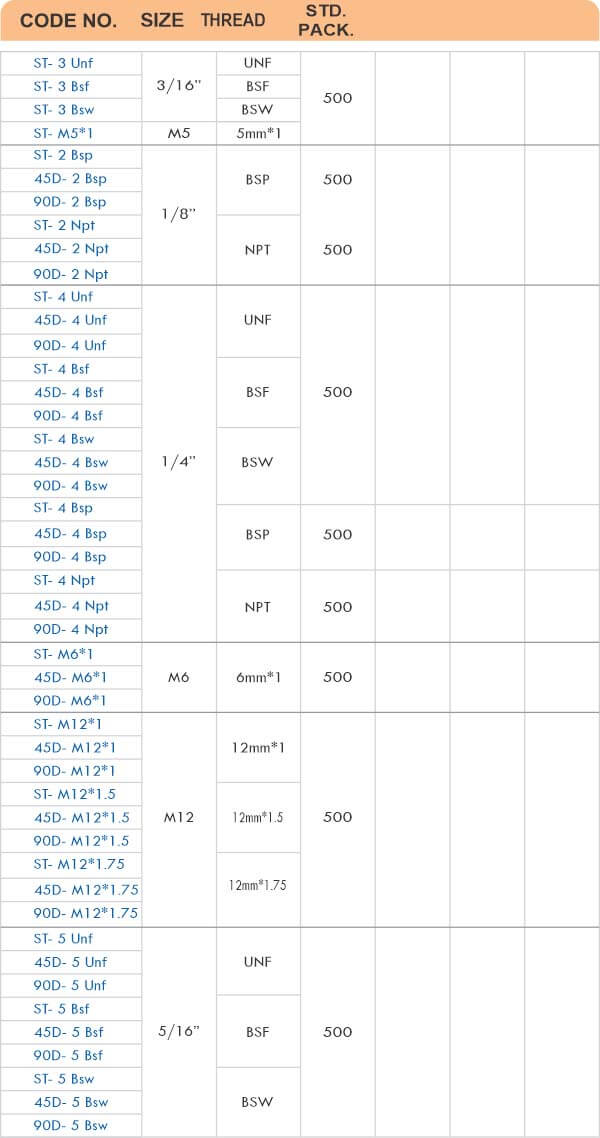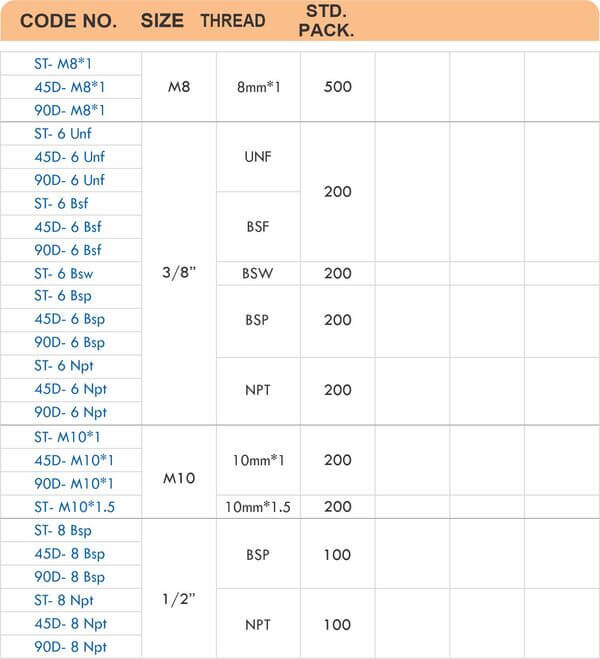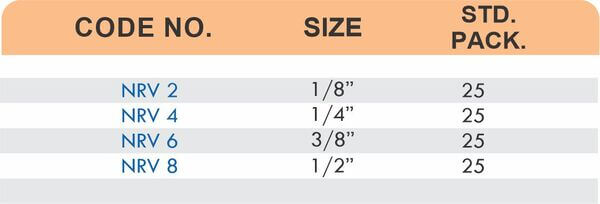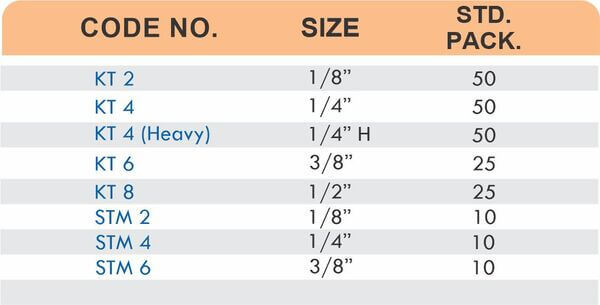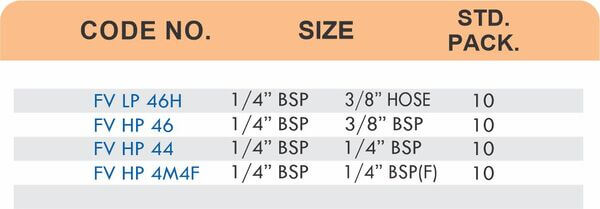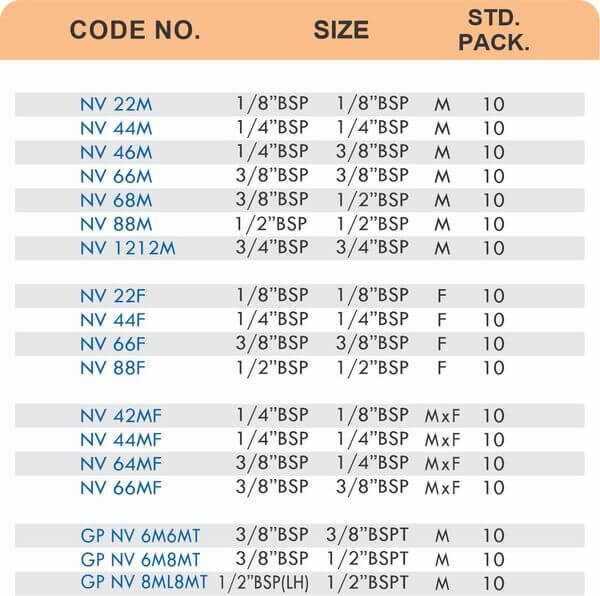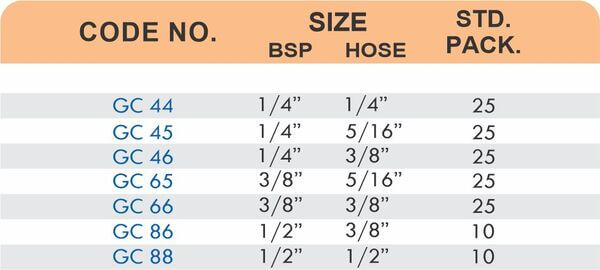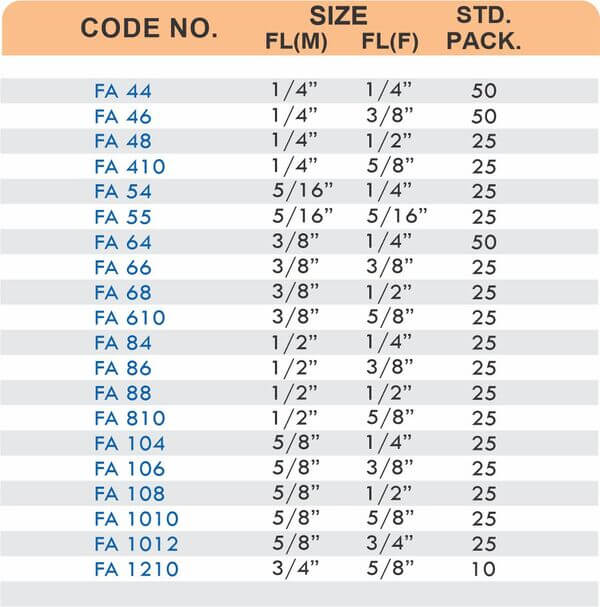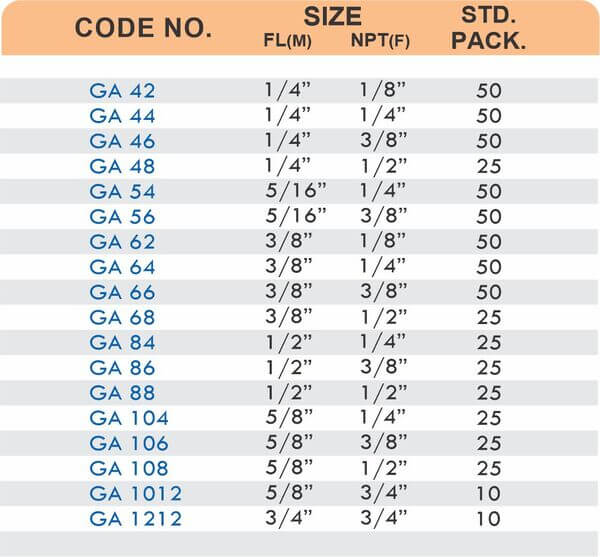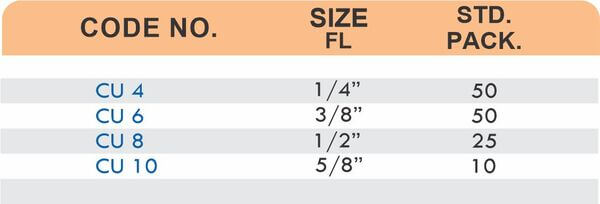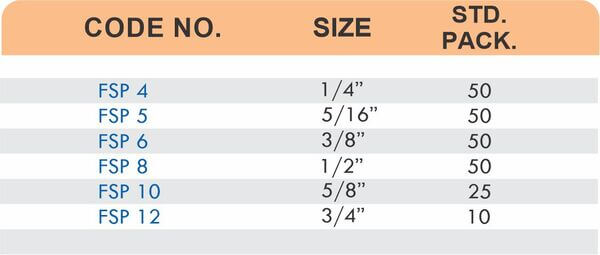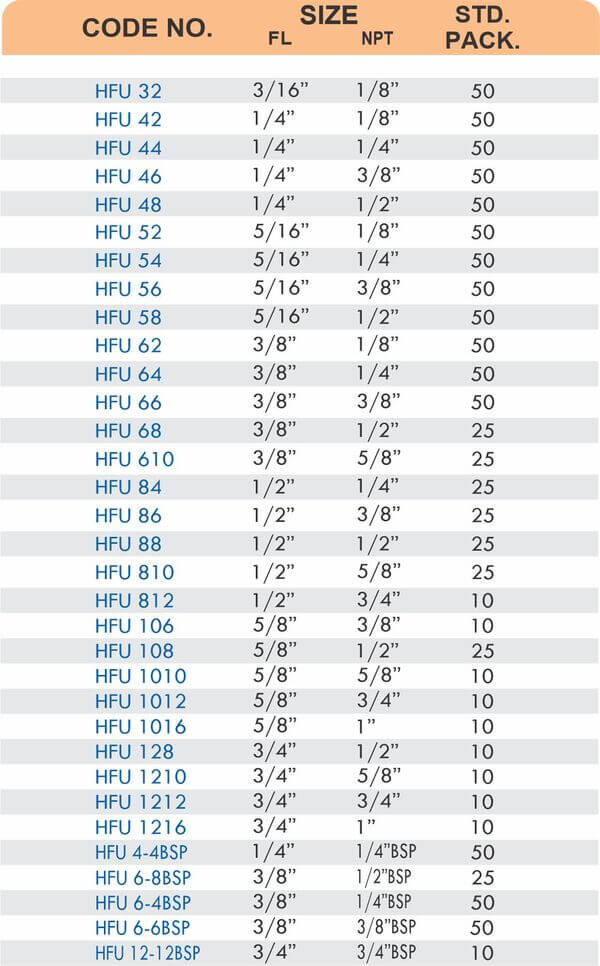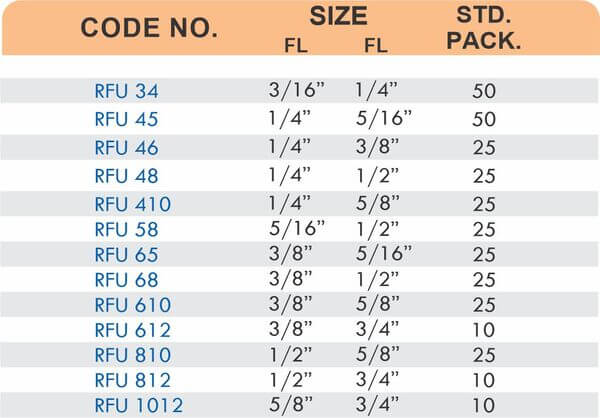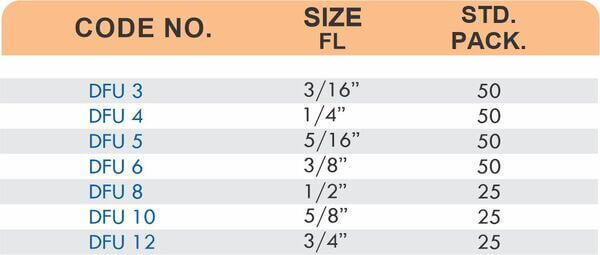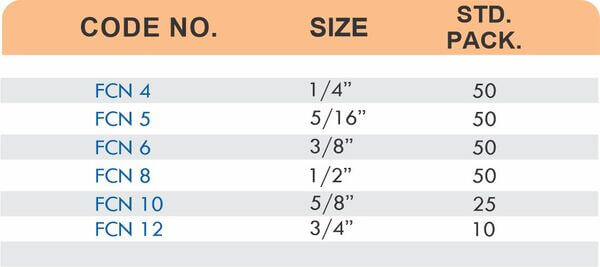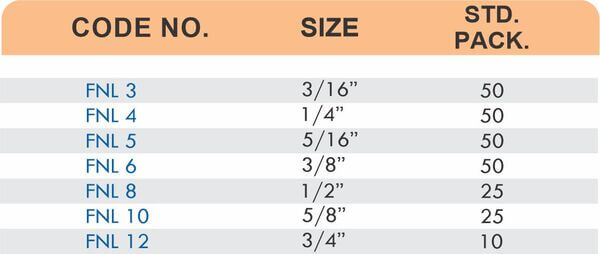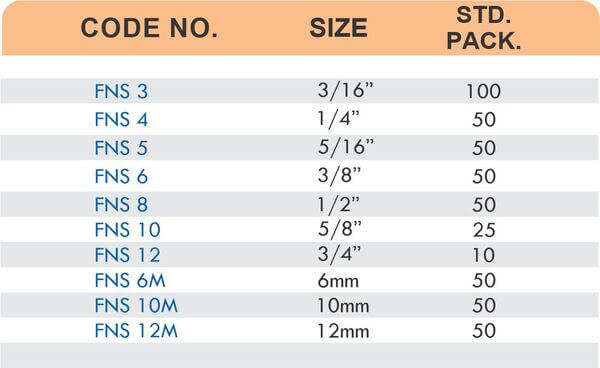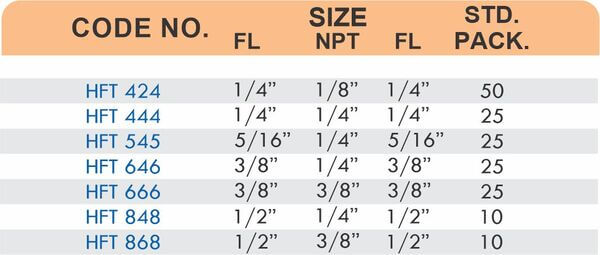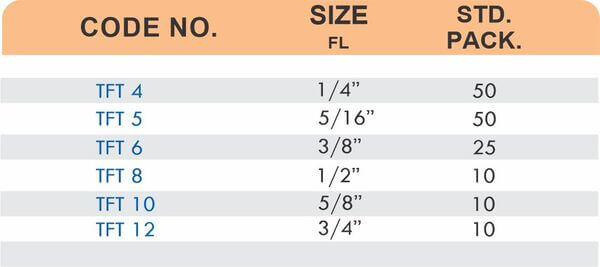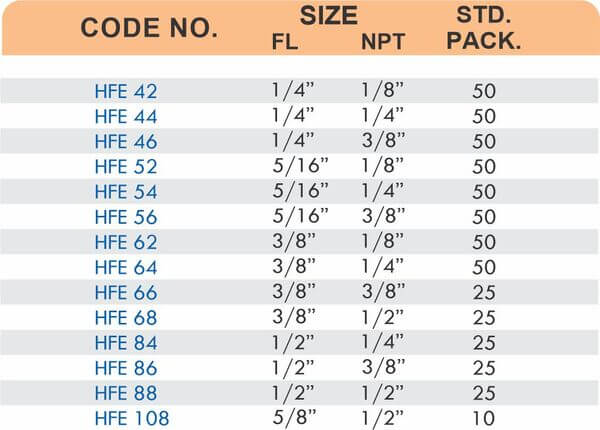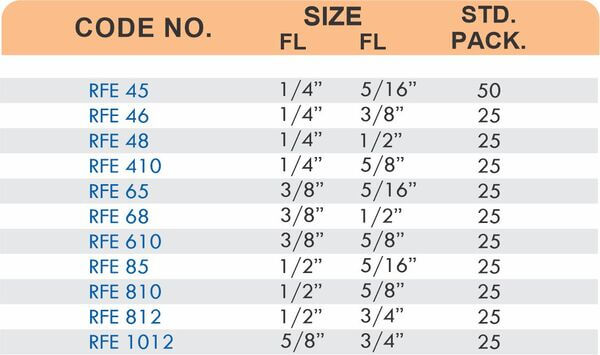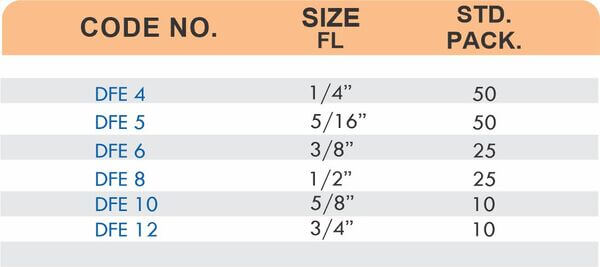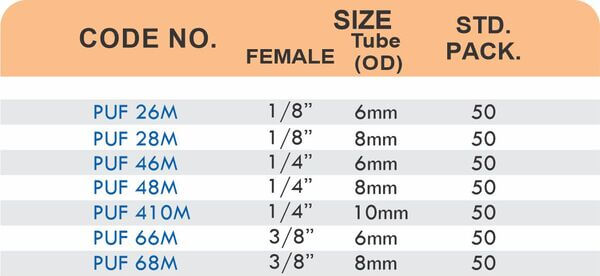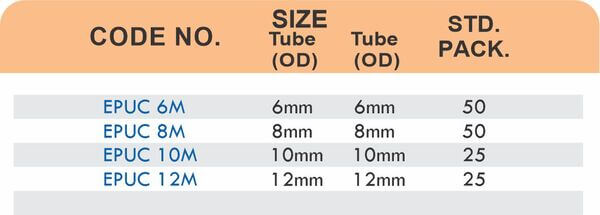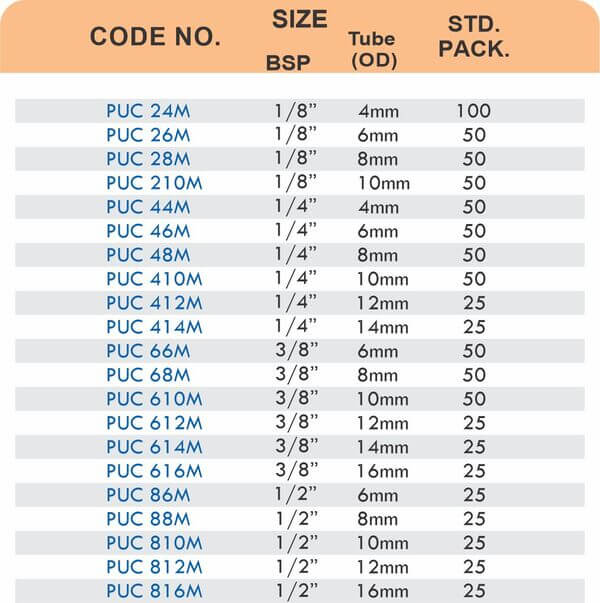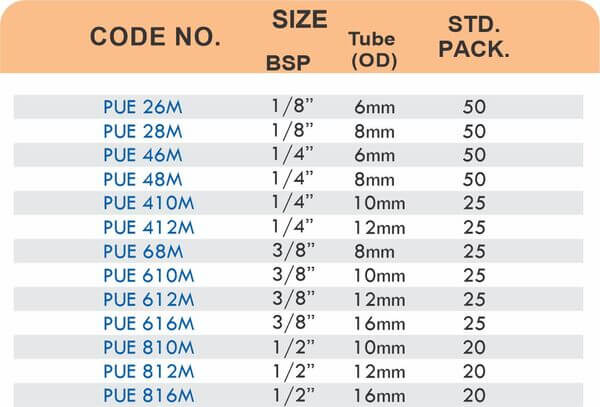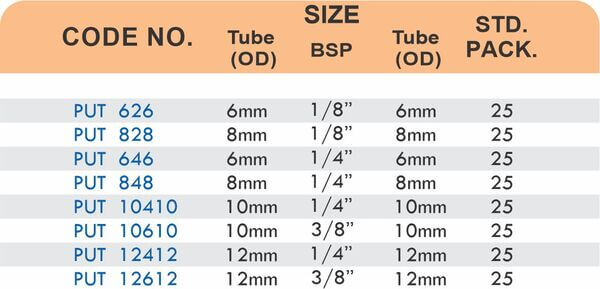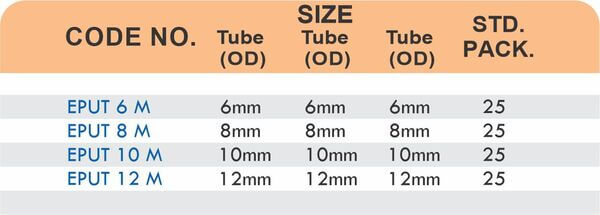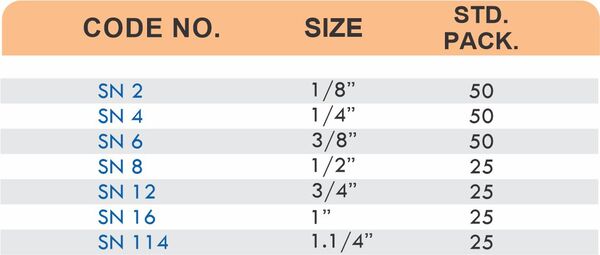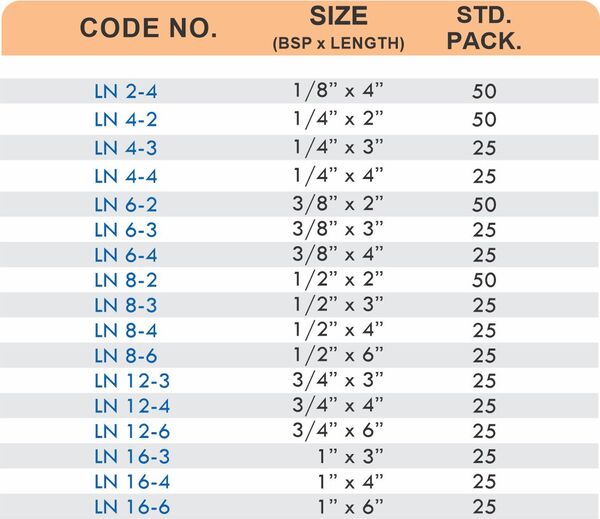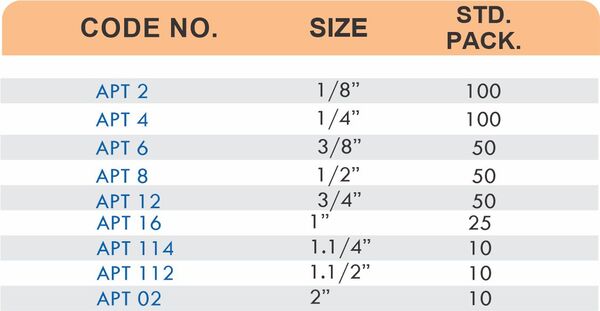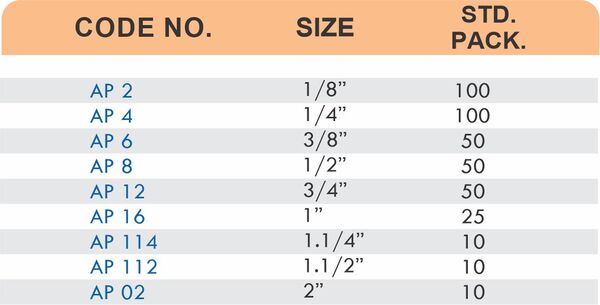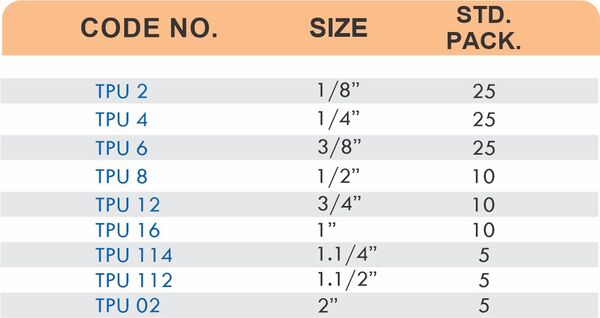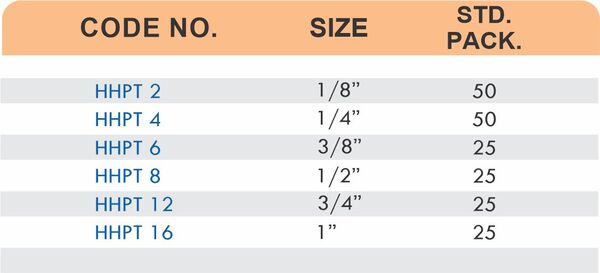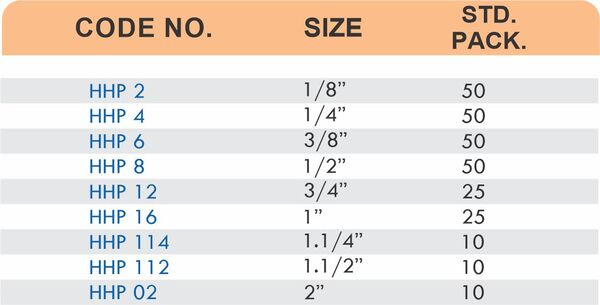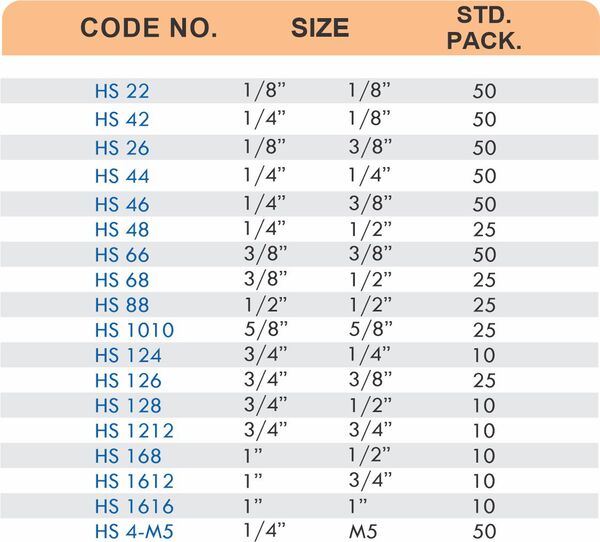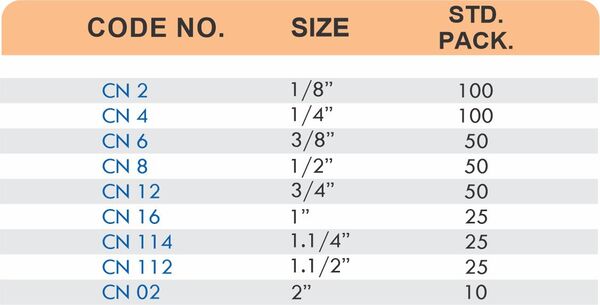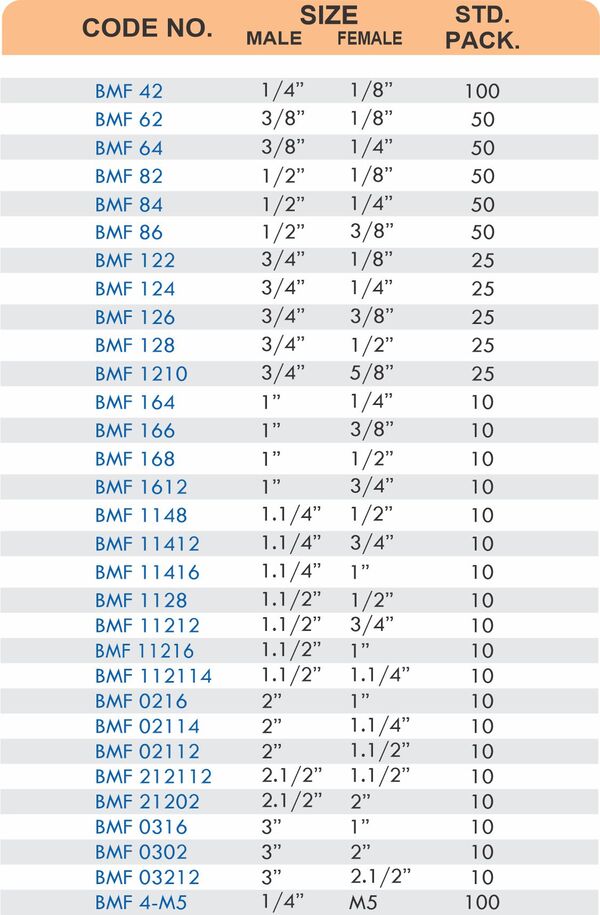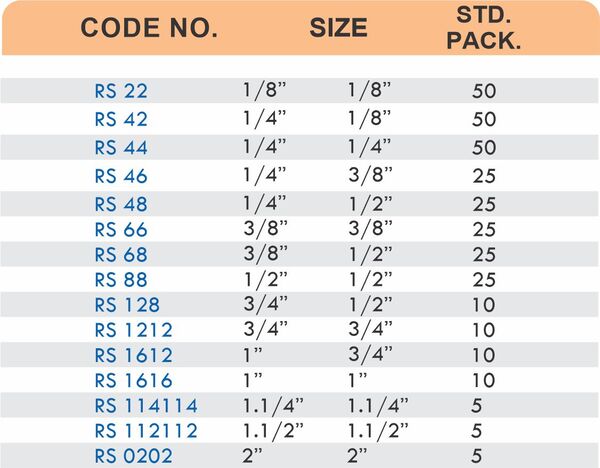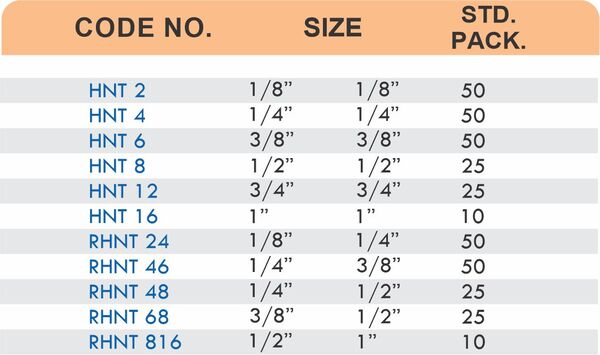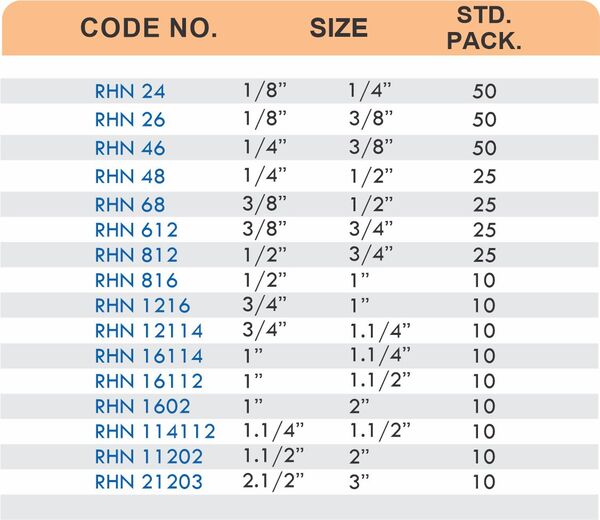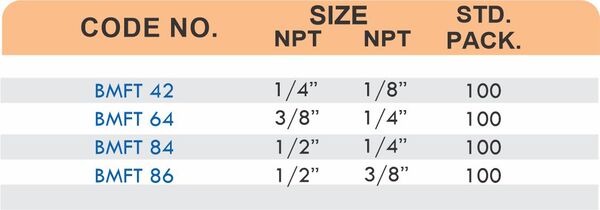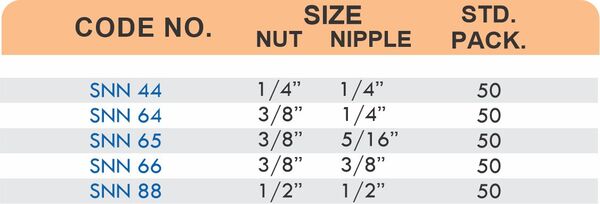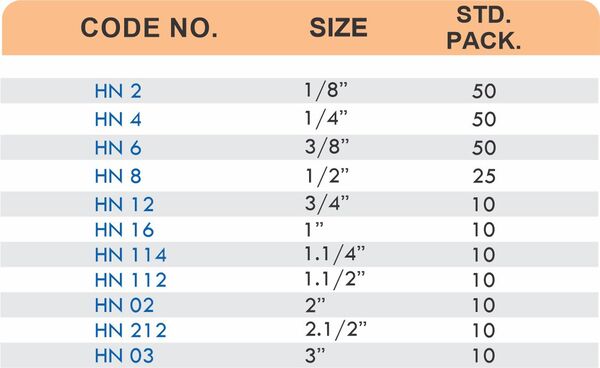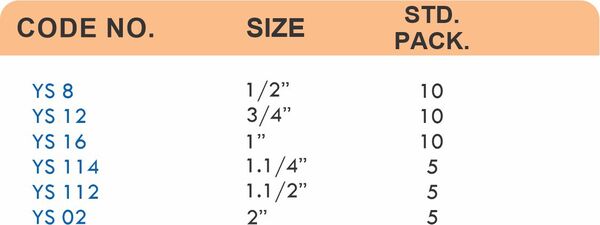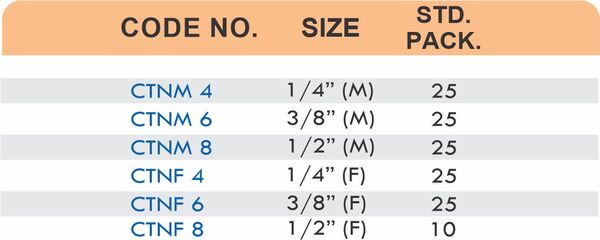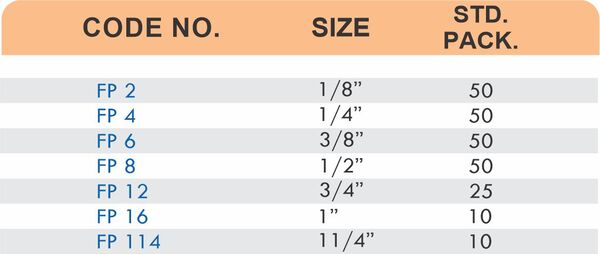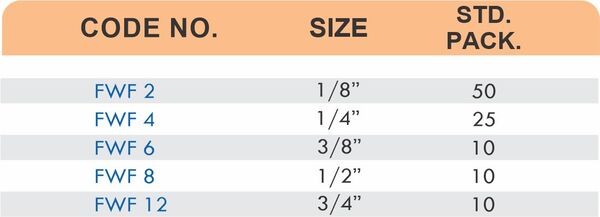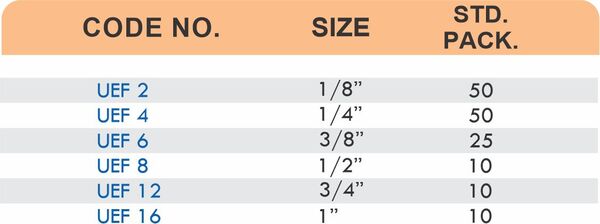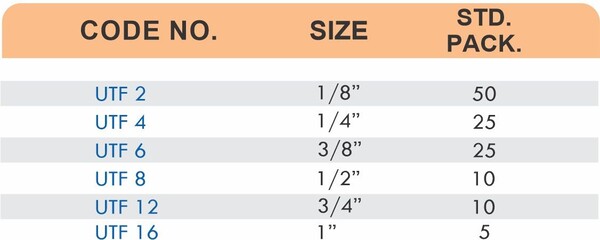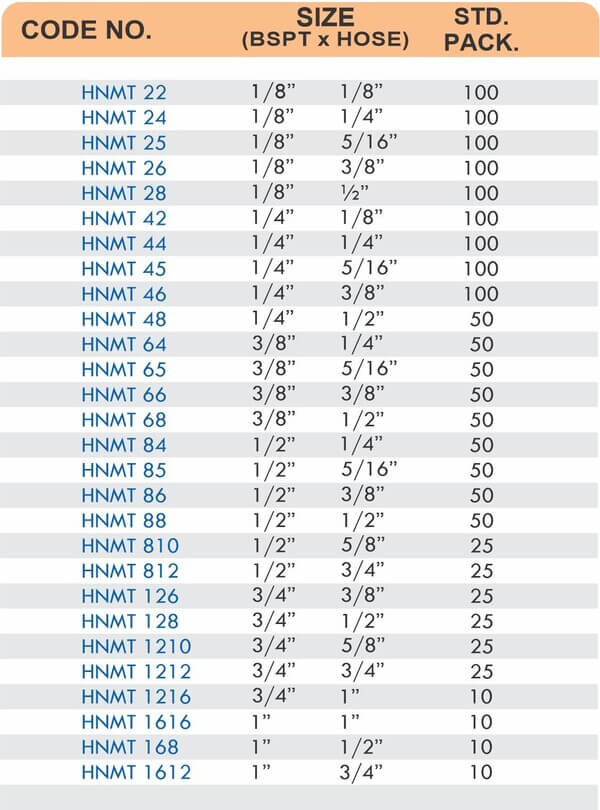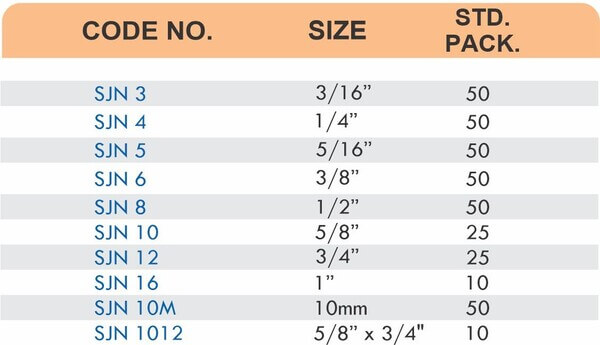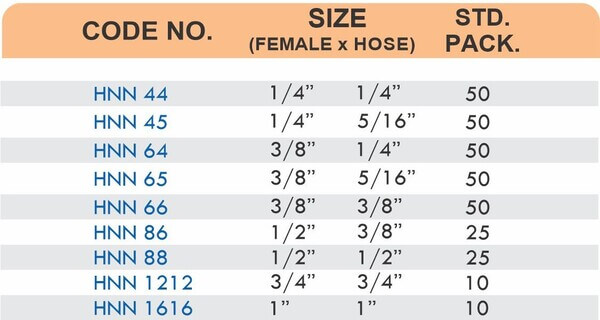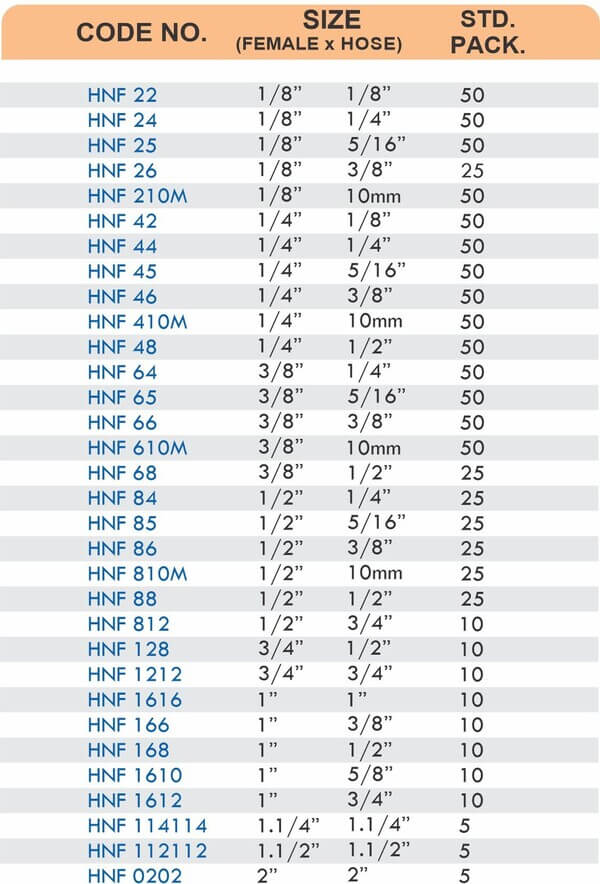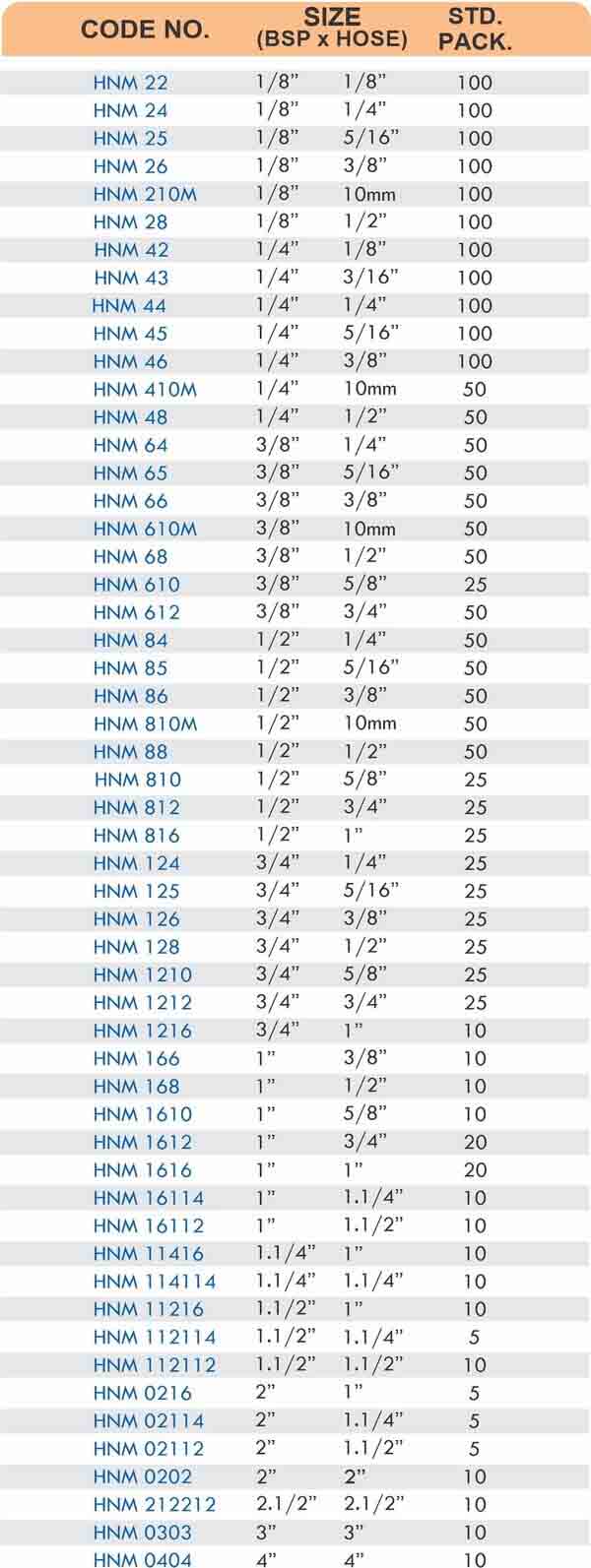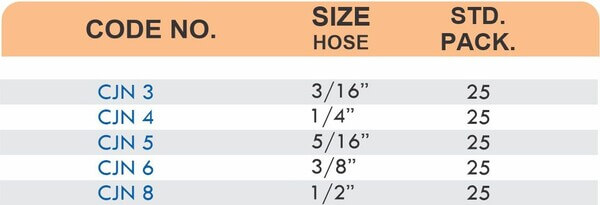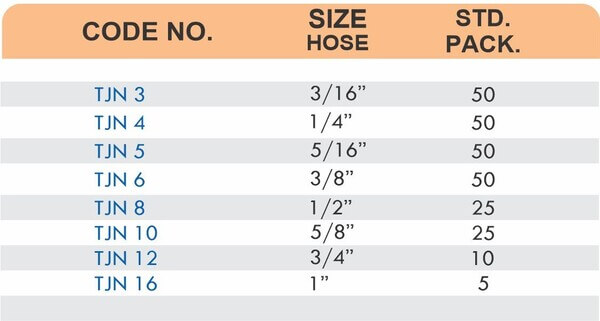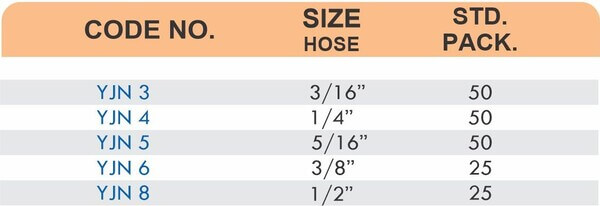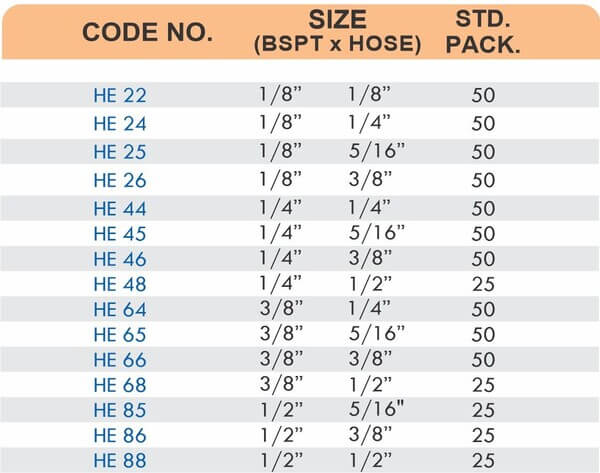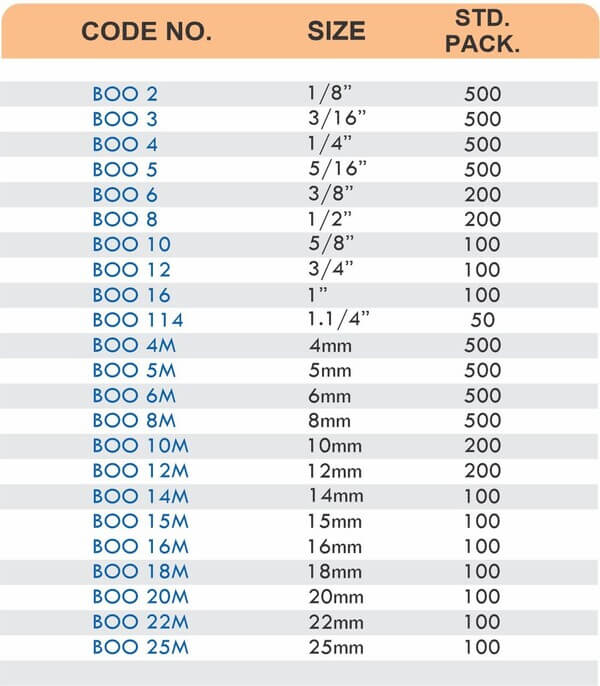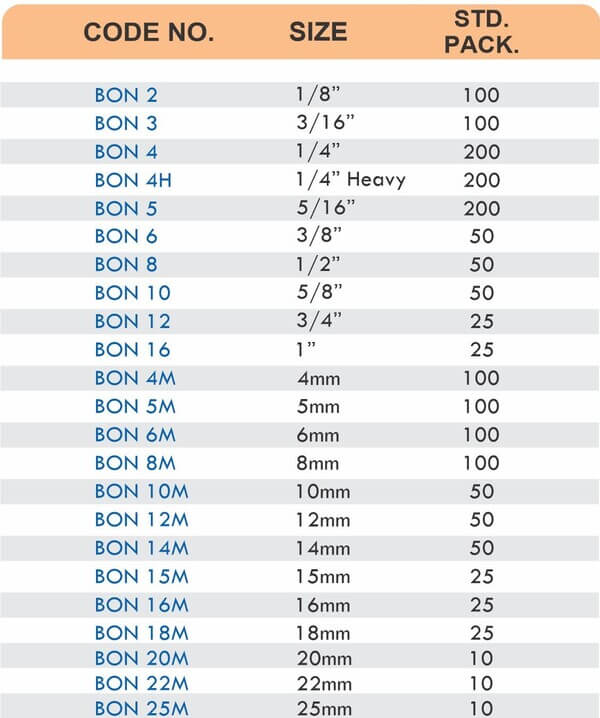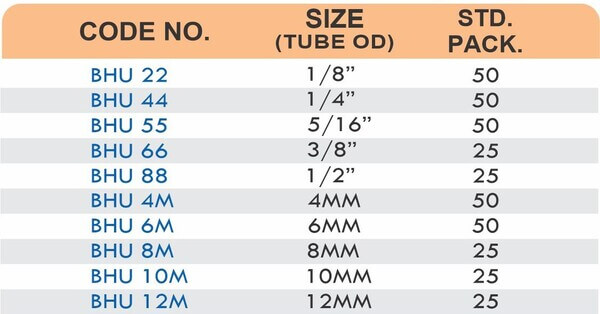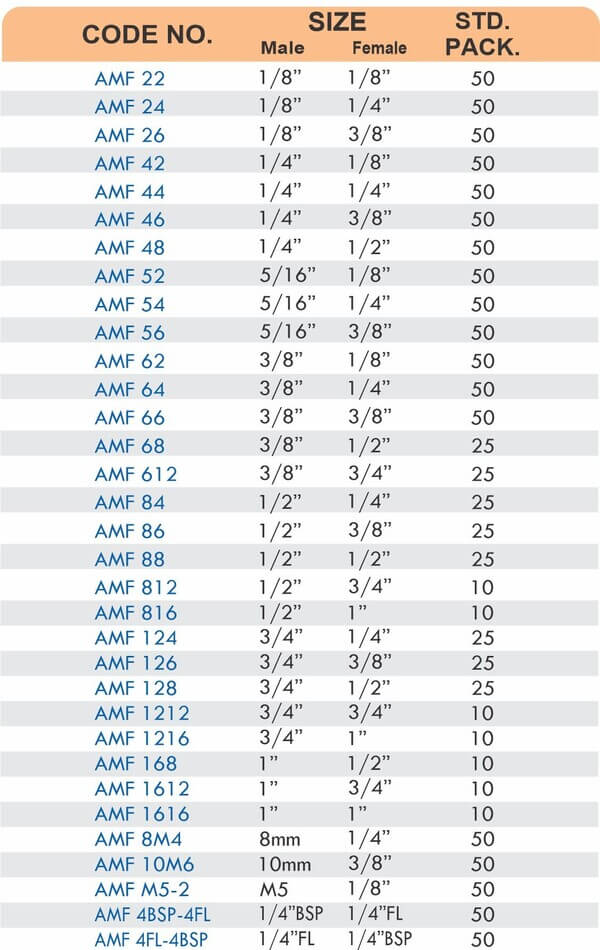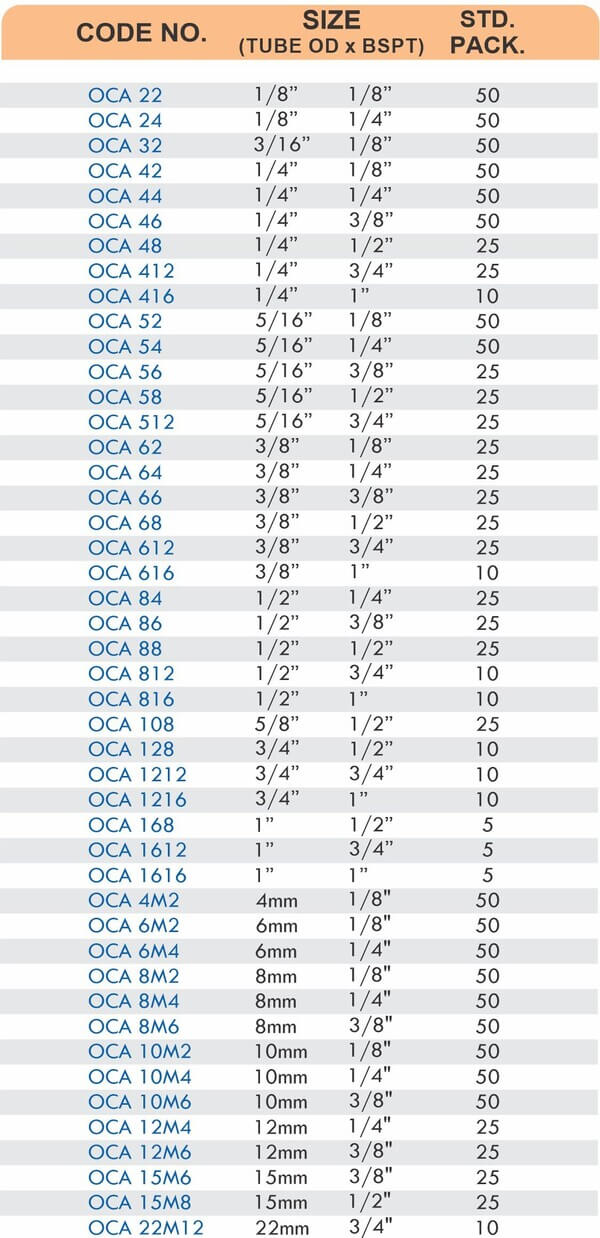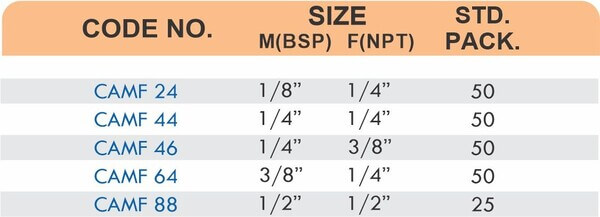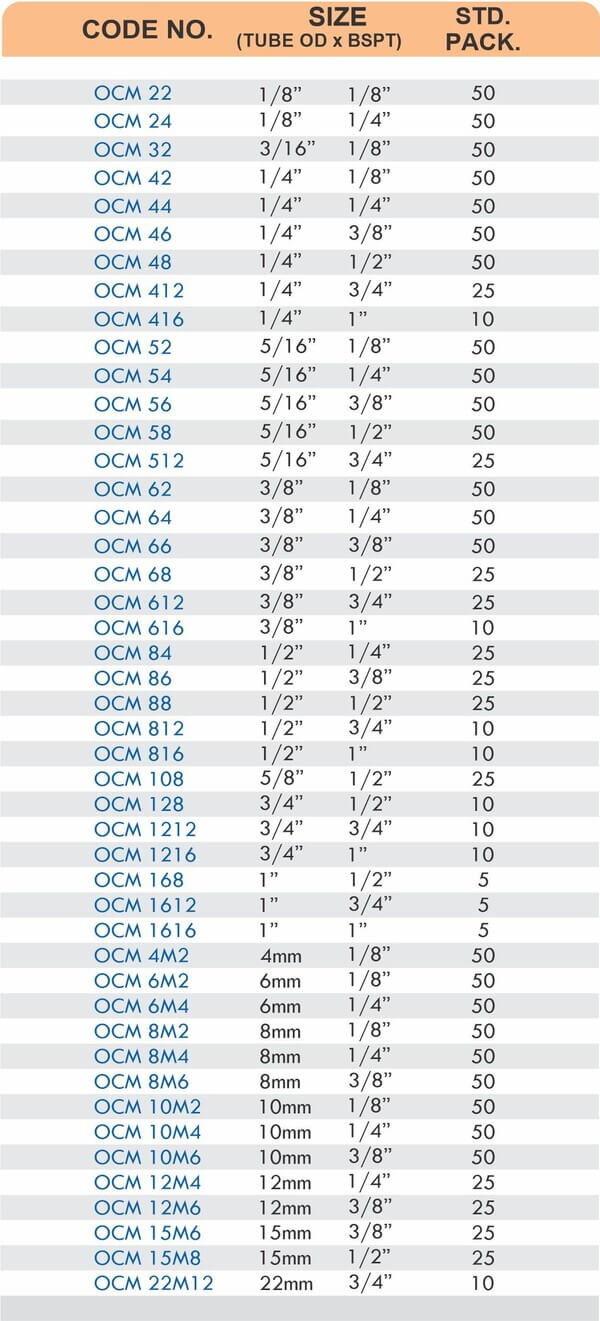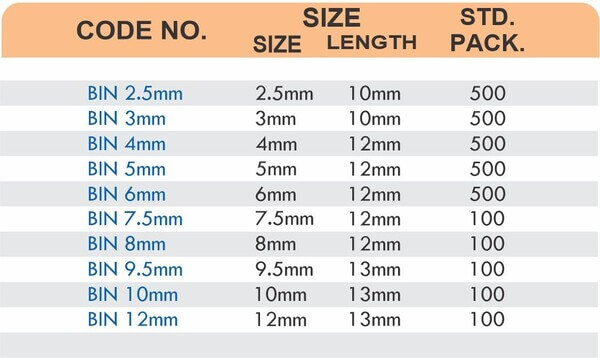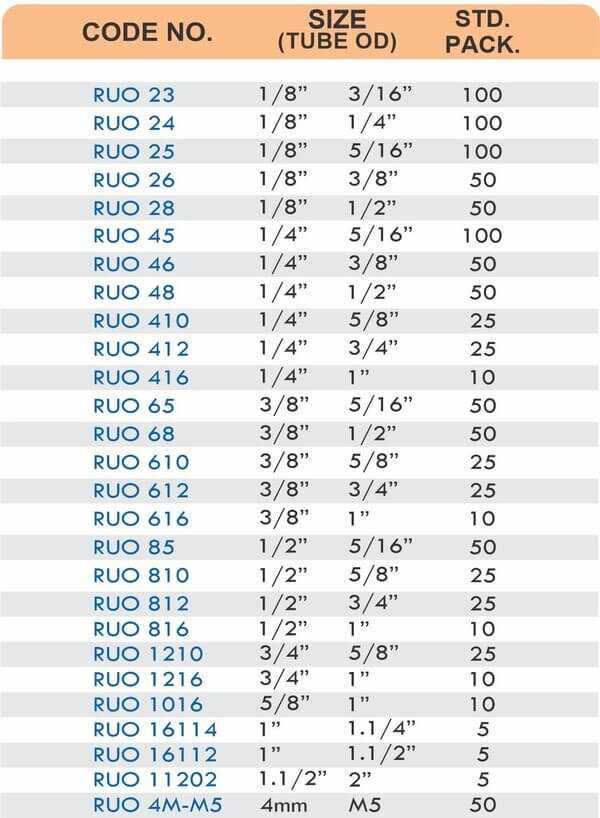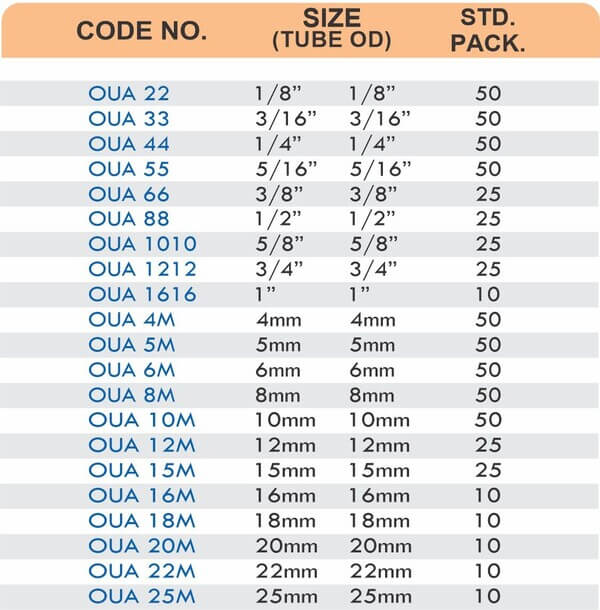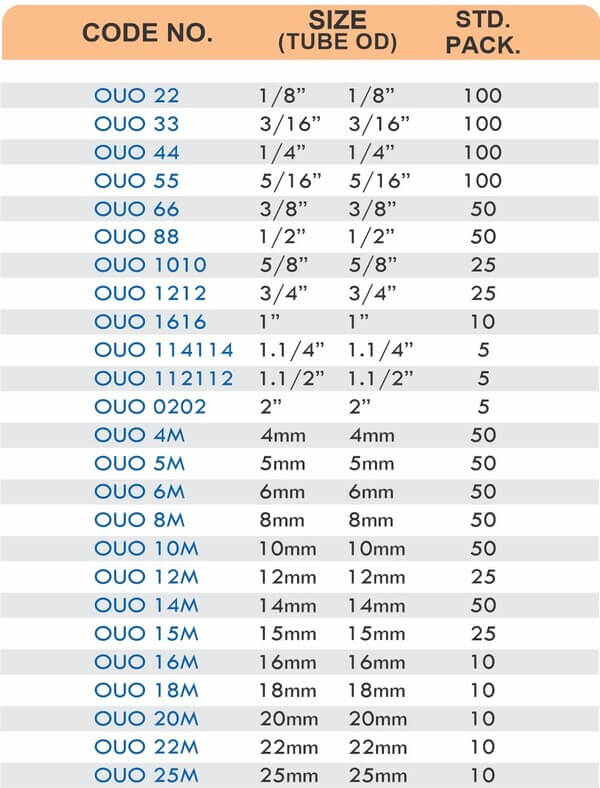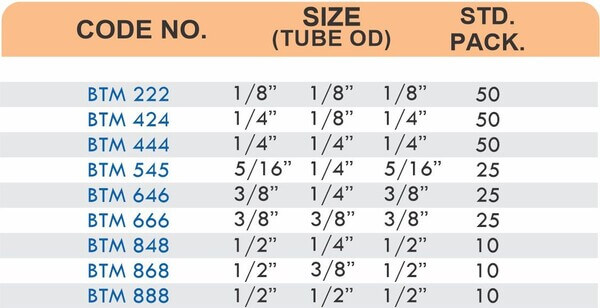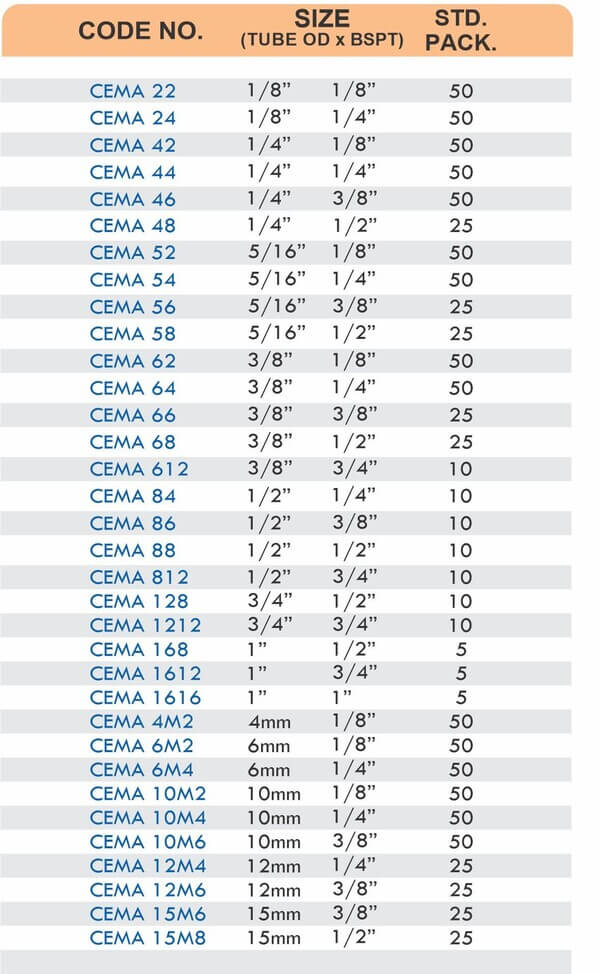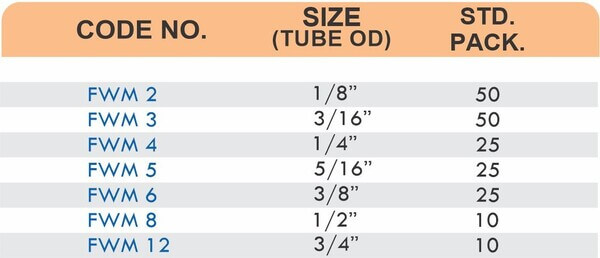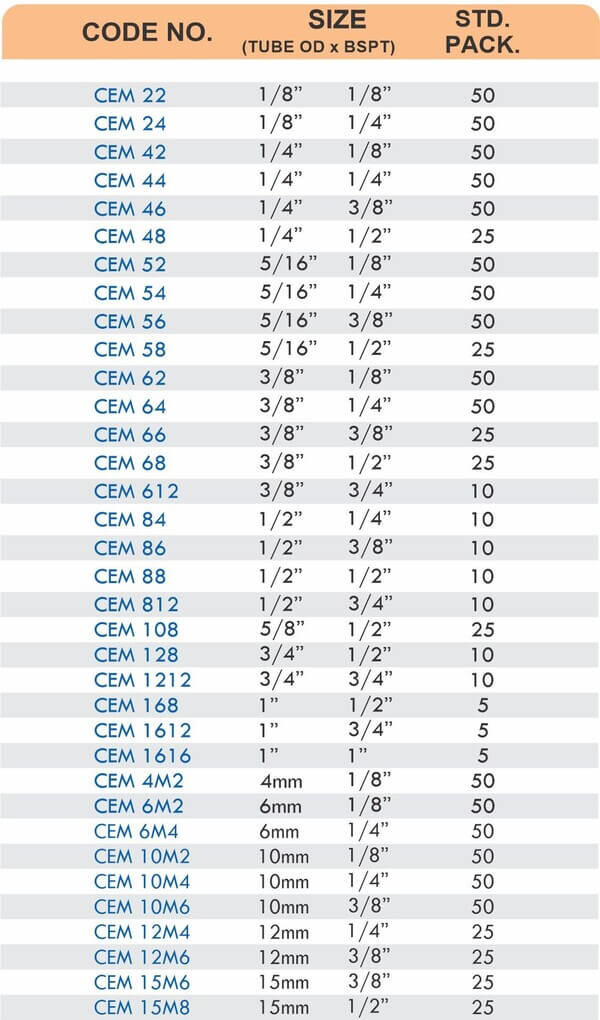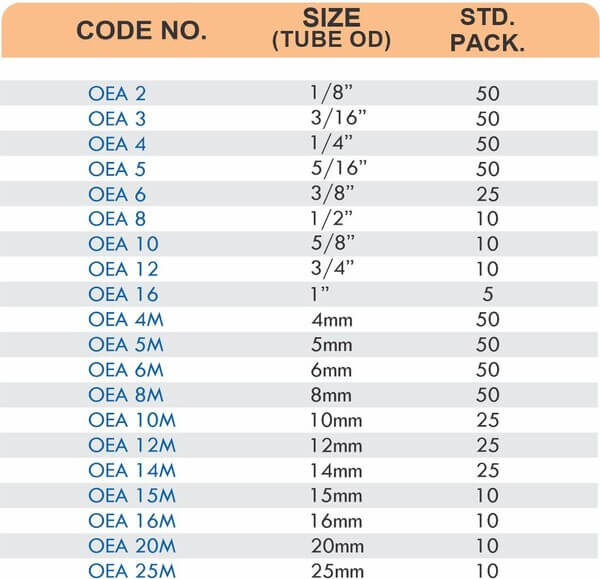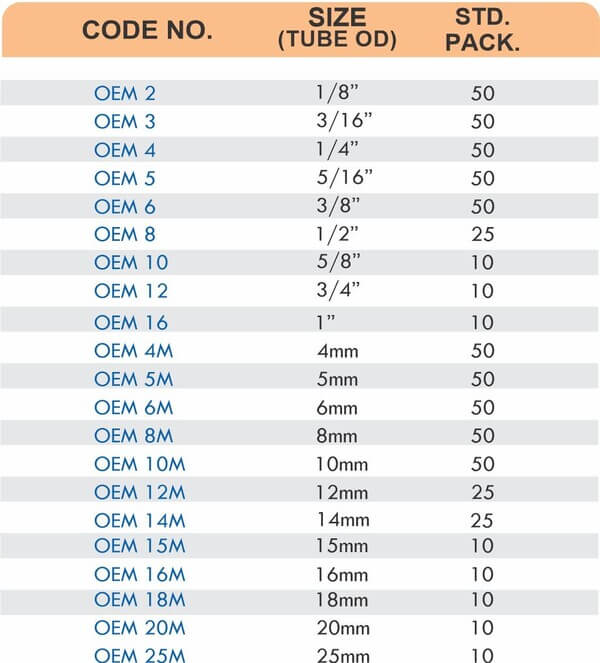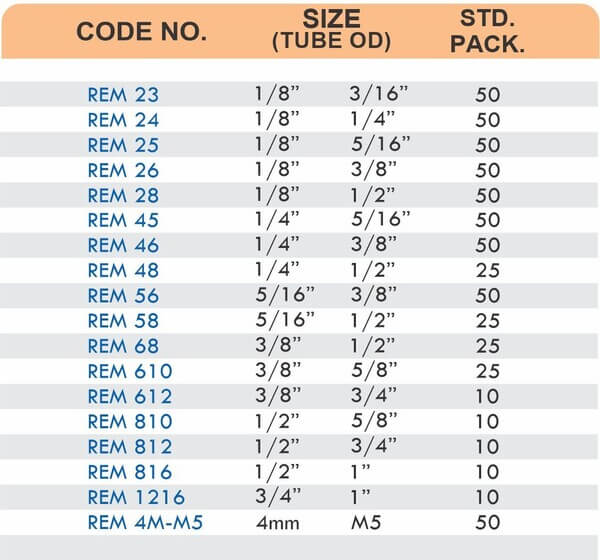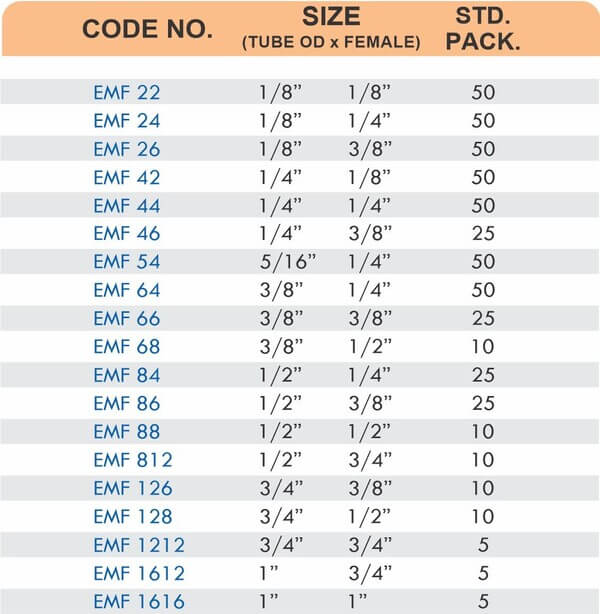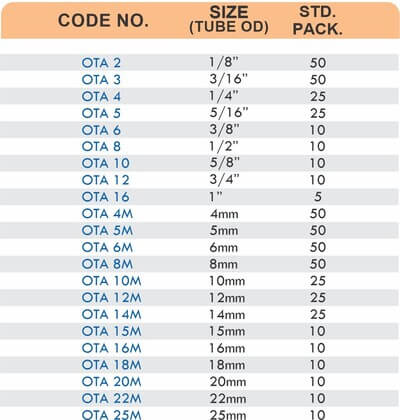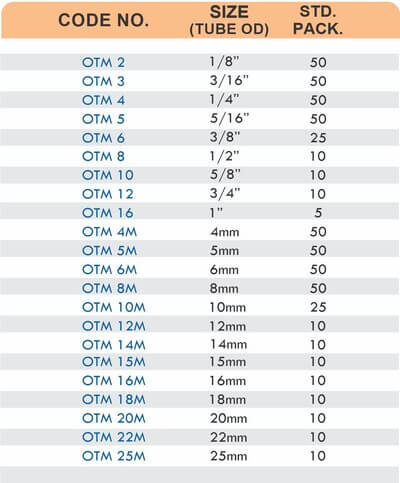
Custom Brass & Steel Screws: Industrial Fasteners for Diverse Applications
Here’s what nobody talks about in the $88.38 billion industrial fasteners market: the difference between failure and excellence often comes down to three millimeters of threaded metal. While competitors chase volume, the smartest manufacturers are obsessing over precision alloy composition—because when Boeing grounds a fleet over fastener failure, it’s not the procurement manager who takes the heat.
The industrial fasteners landscape isn’t just growing—it’s transforming. Projected to reach $125.87 billion by 2032, this isn’t your grandfather’s nuts-and-bolts business anymore. It’s become a materials science battleground where custom brass and steel screws represent the difference between operational uptime and catastrophic downtime.
The Metallurgy Advantage: Why Custom Beats Commodity
Standard fasteners fail because they’re designed for average applications. But there’s no such thing as an average industrial environment. Aerospace demands weight-to-strength ratios that would make a Formula 1 engineer weep. Chemical processing requires corrosion resistance that laughs at salt spray tests. Marine applications need fasteners that treat saltwater like a mild inconvenience.
- Brass brings what steel can’t: Natural antimicrobial properties, superior corrosion resistance in marine environments, and electrical conductivity that makes it indispensable in electronic assemblies. But here’s the engineering truth most manufacturers won’t tell you—brass isn’t just brass. C360, C260, and C464 behave like entirely different materials under load.
- Steel delivers what brass cannot: Ultimate tensile strength that reaches 220,000 PSI in specialized grades, temperature stability up to 1,200°F, and magnetic properties essential for electromagnetic applications. The difference between 316 stainless and 4140 alloy steel isn’t academic—it’s the difference between a fastener lasting 10,000 cycles or 100,000.
Real-World Performance: Where Theory Meets Reality
Take the offshore wind industry. Standard carbon steel fasteners in saltwater environments show measurable corrosion within 18 months. Super duplex stainless steel fasteners? They’re engineered for 25-year service lives in the same conditions. The upfront cost differential is 4:1. The replacement cost differential is exponential.
Application-Specific Engineering Wins:
- Automotive: Custom brass inserts in plastic assemblies eliminate galvanic corrosion while maintaining electrical conductivity
- Aerospace: Titanium-brass hybrid fasteners reduce weight by 40% while exceeding strength requirements
- Electronics: Precision brass screws with controlled impedance properties maintain signal integrity in RF applications
- Marine: Naval brass compositions resist dezincification in seawater while maintaining machinability
The Manufacturing Revolution: Precision at Scale
Modern CNC machining has shattered the traditional trade-off between customization and cost efficiency. Swiss-type lathes now produce custom brass screws with tolerances tighter than ±0.0002 inches while maintaining production rates that make custom competitive with commodity.
Thread rolling technology has evolved beyond recognition. Cold forming processes now achieve surface finishes and strength characteristics that were impossible with traditional cutting methods. The result? Custom fasteners that outperform standard alternatives while meeting delivery schedules that would have been fantasy five years ago.
Material Selection: The Engineer’s Advantage
- When Brass Dominates: Electrical assemblies requiring conductivity without magnetism. Marine environments where dezincification resistance matters. Applications demanding antimicrobial properties without chemical treatments. Aesthetic requirements where natural patina development is desired.
- When Steel Conquers: High-load applications exceeding 180,000 PSI. Temperature environments above 400°F. Magnetic assembly requirements. Cost-critical applications where performance-per-dollar optimization drives decisions.
- The Custom Hybrid Approach: Brass-steel combinations where dissimilar metals solve multiple engineering challenges simultaneously. Bi-metallic fasteners that provide electrical isolation while maintaining mechanical strength. Application-specific coatings that enhance base material properties beyond standard specifications.
Beyond the Fastener: Systems Thinking
The most sophisticated manufacturers aren’t selling screws—they’re engineering integrated fastening solutions. This means understanding how thermal expansion coefficients interact across different materials. It means calculating preload retention under cyclic loading conditions. It means designing for assembly processes that reduce installation time while improving joint reliability.
Professional engineering expertise established since 1981 creates advantages that extend far beyond individual fasteners. When manufacturers understand the complete system—from material selection through installation torque specifications—they deliver solutions that optimize total cost of ownership rather than simple piece-part pricing.
The Strategic Imperative
In an industry where Germany’s fasteners market alone represents $6.37 billion in revenue, competitive advantage isn’t about cheaper fasteners. It’s about engineering solutions that eliminate costly failures, reduce maintenance cycles, and enable system performance that wasn’t possible with standard components.
The manufacturers winning this game understand a fundamental truth: custom brass and steel screws aren’t premium-priced commodities. They’re precision-engineered solutions to specific industrial challenges. When applied correctly, they don’t cost more—they cost less, because they eliminate the hidden expenses of failure, replacement, and system downtime.
The $108 billion question isn’t whether custom fasteners are worth the investment. It’s whether you can afford not to make it.

